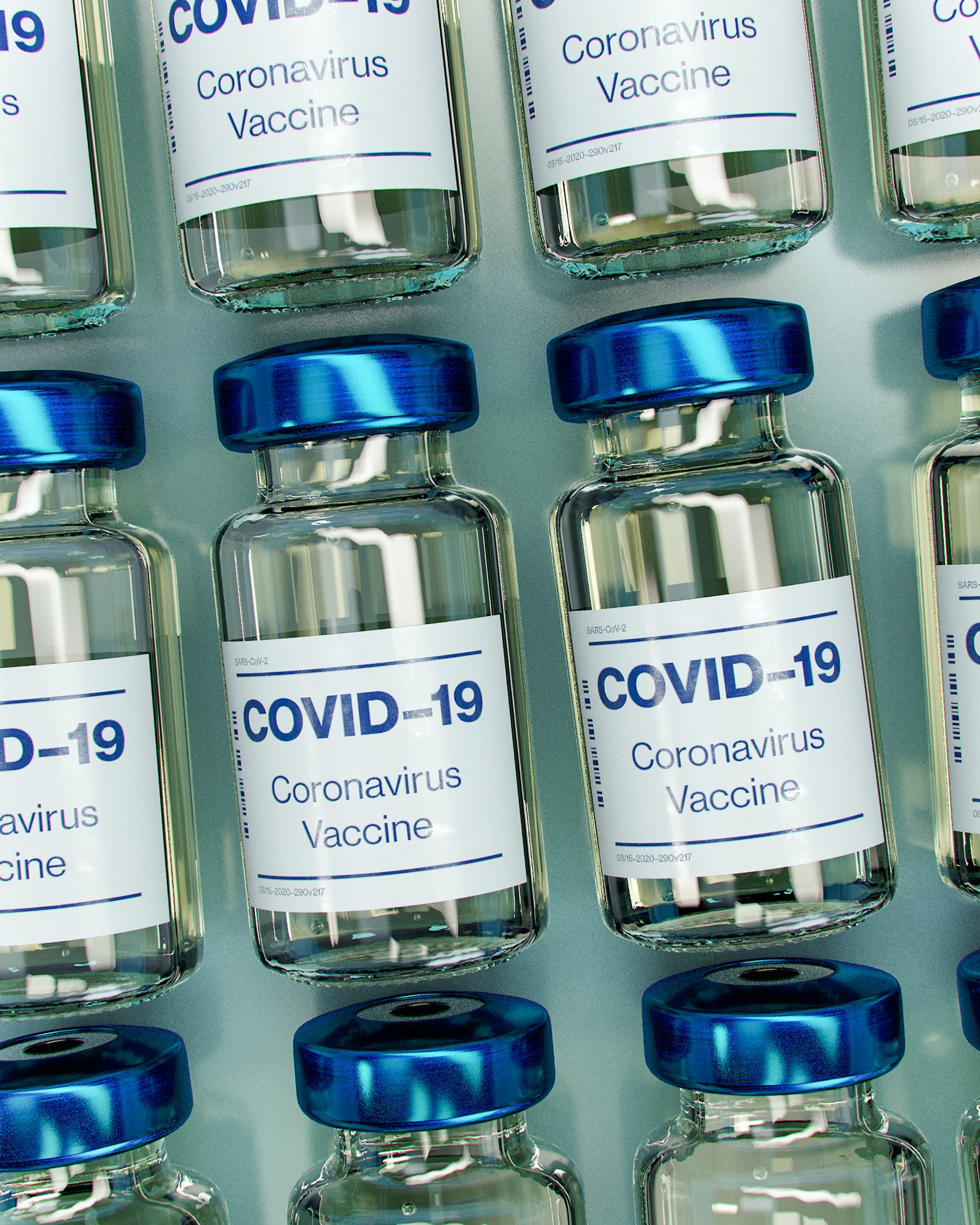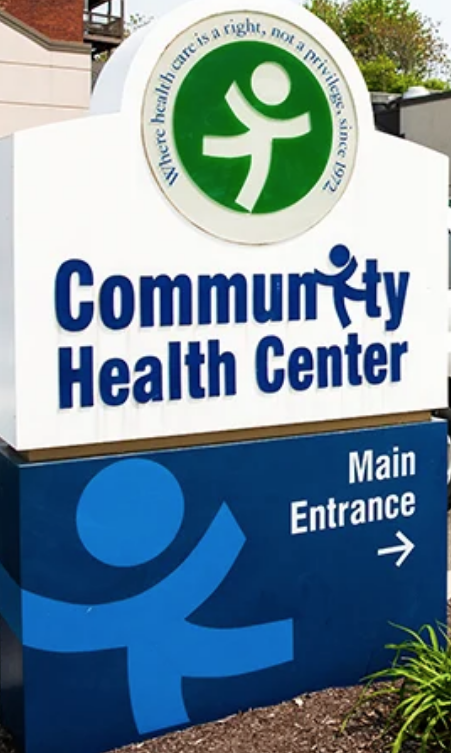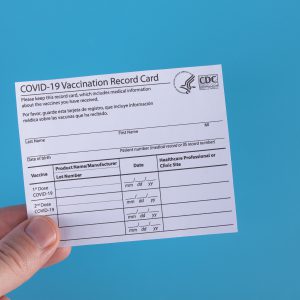This article originally appeared on BeMedWise. An up-to-date version can be found here.
In the United States, the COVID vaccine is available to anyone over 12 years old for protection against severe COVID disease and death. Many have not taken advantage of this, either by not getting fully vaccinated or not getting vaccinated at all. Most of these people, aside from those who will be getting them due to vaccine mandates, are unlikely to get the vaccine any time soon.
In the meantime, Pfizer, Moderna, and Johnson & Johnson are still producing vaccines and more companies are working on them and hope to get approval soon. So what are we going to do with all this vaccine?
Clearly, some of it will be used for anyone 12 years old and older who want to be vaccinated, for the second shot of the Pfizer or Moderna vaccine to complete the series, for any who will need it to comply with vaccine mandates, and children less than 12 years old once they’ve been approved for them.
The recent FDA and CDC discussions and decision was about who to begin giving booster shots to, not whether or not booster shots are effective (they are) or will eventually be needed for everyone (they will but the timing is unknown). The FDA created an advisory panel (The Vaccines and Related Biological Products Advisory Committee) that met September 17, 2021 and looked at the existing evidence and made recommendations (see below).
Unlike other COVID disputes, such as vaccine mandates and ivermectin, that are not really controversial when you look at the facts, the decision to give booster shots in this country is not so straightforward. There are three reasons for this:
- Aside from some data from Israel, there’s only preliminary information about how quickly the immunity from the COVID vaccine series wanes and what the critical COVID antibody levels for protection against infection are, and little information about the duration of the long-term protection against severe disease;
- Even if we did know about waning protection, it’s impossible to predict individual responses in people with normal immune systems and any decisions about boosters will apply to all previously vaccinated people and not only to specific individuals whose immunity may be fading more quickly; and
- A significant part of the decision is a humanitarian one, with public health experts weighing the needs of our citizens against the needs of other countries and the world.
You could add that these decisions are subject to the need for healthcare providers and politicians to prioritize individuals in this country.
There are four things about the immunity to COVID vaccination that are certain.
- Immunocompromised people may not have an adequate response to the vaccine.
- The immunity wanes over time.
- The effect is more pronounced for those with compromised immune systems and incomplete vaccination with Pfizer or Moderna mRNA vaccines.
- Waning immunity has increased the chance of getting mild to moderate disease, predominantly from the Delta variant. However, the protection against serious disease, hospitalization, and death is persisting.
- The time-frame is not predictable for individual people, but may be as little as 6-8 months for those exposed to Delta variant (which already decreased vaccine efficacy from 91%-78%) and may change with newer variants.
- One study showed that effectiveness of mRNA vaccines against mild disease seems to decline about 6% every 2 months.
- COVID antibodies are a good way to measure protection against breakthrough infections, but low or undetectable antibodies do not indicate susceptibility to serious infections.
- Since antibodies are what protect us from infection, higher levels are more protective against getting COVID.
- After you have acquired a breakthrough infection, it is memory responses and cell-mediated immunity that also result from vaccination that are the primary protection from severe disease. This immunity lasts much longer and can’t be tested for.
- Booster shots are safe and increase immunity, including to the Delta variant. Both Pfizer and Johnson & Johnson recently claimed their boosters’ increased protection against severe COVID disease to 95%.
Unfortunately, there are many things we don’t know such as when waning immunity increases the risk of serious breakthrough COVID infections and whether the number of vaccinations made available by delaying boosters is enough to make a significant impact on the pandemic — although it could save lives. Without this knowledge, we must make some decisions about giving boosters on limited information.
In mid-August, the U.S. Department of Health and Human Services announced plans to offer COVID-19 booster shots — an additional dose of vaccine given after the protection provided by the original shot(s) has begun to wane (wear off) — to those who had previously received a full dose of the vaccine.
Subsequently, the FDA advisory panel that met September 17, 2021 recommended that COVID vaccine booster be offered to individuals age 65 and older and those at high risk for severe COVID-19 disease, such as immunocompromised patients. A separate committee at the CDC, the Advisory Committee on Immunization Practices, made recommendations on September 23, 2021.
People are considered immunocompromised if they:
- Are receiving active cancer treatment for tumors or cancers of the blood;
- Had an organ transplant and are taking medicine to suppress the immune system;
- Had a stem cell transplant within the last two years or are taking medicine to suppress the immune system;
- Have moderate or severe primary immunodeficiency, such as DiGeorge syndrome or Wiskott-Aldrich syndrome;
- Have advanced or untreated HIV infection; and/or
- Are undergoing active treatment with high-dose corticosteroids or other drugs that may suppress their immune response, like antimetabolites or monoclonal antibodies for autoimmune disorders.
Older Americans, especially nursing home residents were prioritized for COVID boosters for many reasons. Since Americans 65 years old and older were first to get their shots last year they will be the first to begin to have waning immunity. The immune response of adults 75 years old and older are less vigorous and seem to be waning much earlier than younger healthy adults. Elderly people who have been fully immunized have been found to be 4½ times more likely to become infected, and more than 10 times more likely to need hospitalization or die from COVID-19 than younger adults who were fully vaccinated. Compare this to unvaccinated people who are 11 times more likely to die from COVID. Full vaccination in adults over 65 years old reduced hospitalization for COVID by only 80% compared to 95% for fully vaccinated younger adults, and the older patients account for 70% of breakthrough infections that have required hospitalization and 87% of breakthrough deaths. Like waning immunity in general, there is no definitive age cut-off. For this reason some have suggested 60 years old, rather than the currently recommended 65 years old, as the cut-off age for giving boosters.
Other groups at higher risk for COVID-19 due to increased exposure were not included in the recommendation, most likely because, while they are at higher risk of breakthrough COVID infection, they may not be at risk for severe disease. This includes healthcare workers, and teachers. However, the final decision by CDC Director Rochelle P. Walensky, M.D., M.P.H. included this group.
Currently only recipients of the Pfizer vaccine who completed their series at least six months ago are approved for boosters. Approval for the Moderna vaccine is still pending and there is no current recommendation for a booster for people who received the Johnson & Johnson COVID-19 vaccine.
The final decision made on September 24, 2021 by Dr. Walensky approved boosters for four groups. Seniors 65 years of age and older and residents in long-term care settings. Individuals aged 50-64 years at high risk of severe COVID-19 disease due to underlying medical conditions, such as cancer, immunosuppression, diabetes, and heart or kidney disease. Individuals aged 18-50 years at high risk of severe COVID-19 disease if requested. Individuals aged 18-64 years whose frequent institutional or occupational exposure to SARS-CoV-2 puts them at high risk of serious complications of COVID-19, including severe COVID-19. This includes health care workers, teachers and day care staff, grocery workers, and those in homeless shelters, long-term care facilities, or prisons.
Booster shots began for immunocompromised people aged 18-64 years in early September. Pfizer boosters are now available in many places for other approved groups. The starting date for boosters for others was due to begin September 20th, but will most likely be put on hold for those under 65 years old.
The remaining controversy is whether or not to give boosters to healthy adults and adolescents who most likely don’t need it yet versus delay this until a later time to be determined by additional data when boosters are actually needed and send the currently available vaccinations to developing countries that need them badly.
The Biden administration has proposed a plan to fight the COVID-19 pandemic by trying to fully vaccinate 70% of the world’s population by next September. We have pledged 500,000,000 vaccinations, which by itself is not enough to have a significant impact on the pandemic, but delaying boosters until they are actually needed could free up additional doses to save more lives. Preventing COVID-19 would cut down on the billions of dollars slated for tests, oxygen, and other treatment supplies and the amount needed to set up a financing system to pay for the global health response.
Many see a humanitarian component to the decision. They consider it an acceptable tradeoff for a few more American citizens to be temporarily at risk for mild to moderate infection until other countries are better protected. Other countries with high vaccine availability are considering this as well.
Public health experts, like some at the CDC, FDA, and those associated with The World Health Organization, look at the bigger picture of trying to control a worldwide problem. They are concerned that having 80% of the 4 billion doses given worldwide go to high- and upper-middle-income countries that make up less than half the world’s population will have a limited impact on the pandemic and result in many more deaths. In the U.S. it is more likely that politicians will put their constituents first and healthcare providers will want to do what they consider is best for their patients.
Although it may appear that postponing booster shots is contrary to ending the pandemic in America, there are advantages in doing so. Increasing global immunization is likely the only way to shorten the pandemic and reduce the likelihood of new variants developing like Delta and Mu that could be even more contagious, less affected by current vaccines and treatments, and/or more severe. In a global society, reducing COVID hotspots worldwide will reduce our citizens’ chances of bringing COVID home. Increased immunization in countries fighting COVID will also help restore time and resources previously used for fighting HIV, malaria, TB, and other diseases endemic in these countries that citizens traveling to these countries can acquire and bring home.
The booster shots may have a higher rate of side effects, such as inflammation of the heart or blood clots, which in the current environment could fuel additional vaccine resistance in those who are unvaccinated. Delaying them could actually increase the number of vaccinated individuals. Not giving boosters significantly in advance of the need for them will result in a better response to the booster and longer total time of protection.
While there are many people in the U.S. for whom COVID vaccine boosters are appropriate, starting to give additional doses to otherwise healthy individuals is not a black or white decision. It is clear that non-elderly and otherwise healthy people who have been fully vaccinated are still protected from serious breakthrough COVID infections. Therefore, the heart of the matter is how we prefer to react to the increasing number of mild to moderate COVID infections resulting from waning immunity/antibody levels. Some, as evidenced by the FDA panel recommendation, will be willing to accept the risk in favor of increasing the amount of vaccine available to areas of the world where it is most needed, while others will not.
For those whose boosters will be postponed, we need to collect enough data to determine the optimal time for COVID vaccine boosters and continue our efforts to increase vaccination rates in this country to reduce their risk of exposure.
While it is important to give boosters to our high-risk citizens, we need to realize that this will have little impact on the pandemic while so many remain unvaccinated. We should also make sure surplus doses get to populations that can benefit from them and avoid further waste, such as the 15,000,000 unused doses that had been disposed of by September 2nd of this year.
The NeedyMeds website has a database of over 100 nationwide resources for those who have been impacted by COVID-19. For those looking for information on receiving a coronavirus vaccine, search online for your state’s requirements, area’s locations, and appointment availability. There may be options for children ages 12-18 to get vaccinated even if their parents don’t grant permission.




